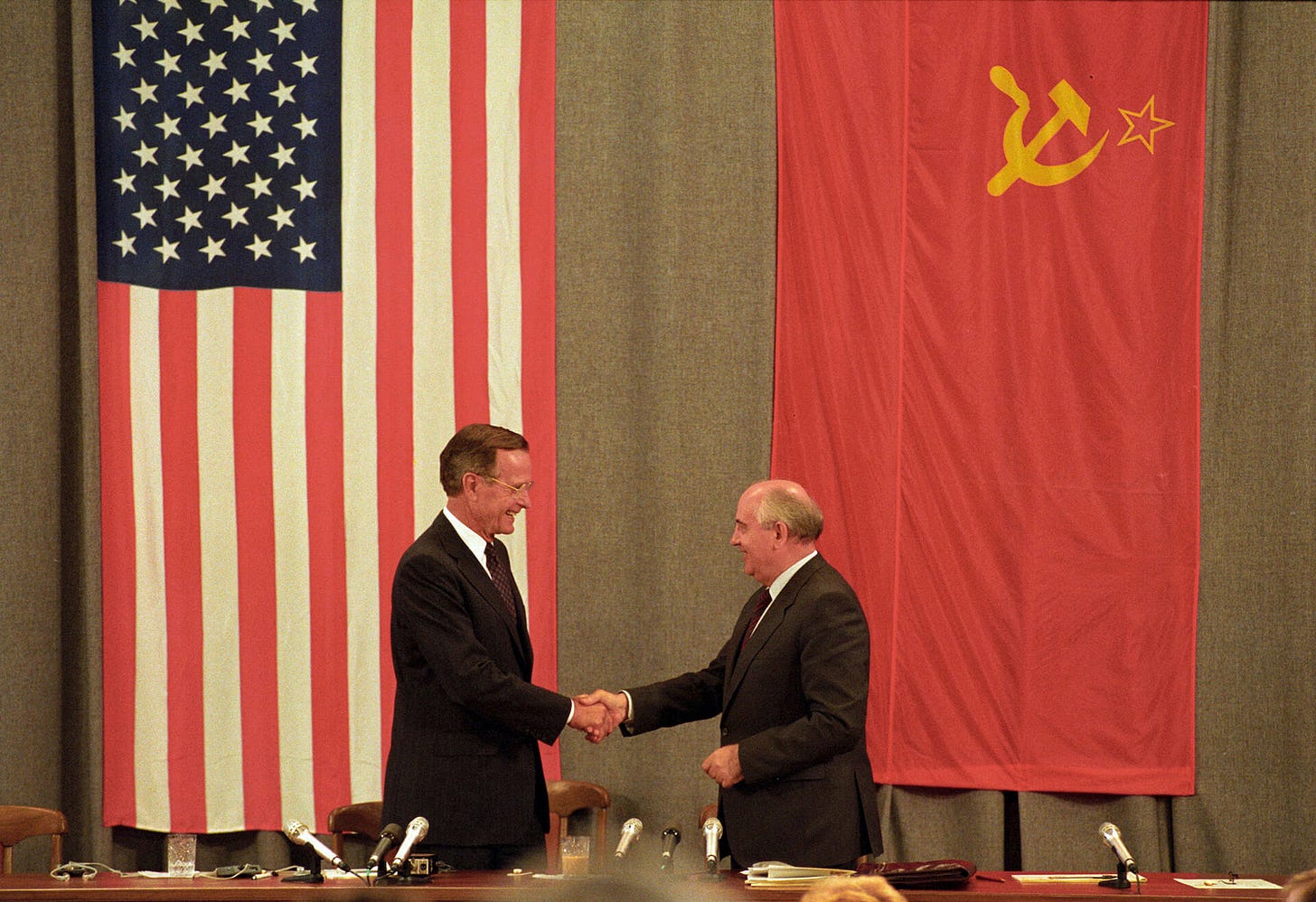30 Years Later, the Fall of the USSR Still Haunts Xi Jinping’s China.
A documentary, looking like a reminder for the CCP, lists 5 lessons to be learned from the fall of the USSR.
Nobody will be able to say if it was a coincidence of the calendar or not, but two days before the beginning of the invasion of Ukraine by the Russian troops, the Chinese Communist Party discreetly posted online, on February 22, 2022, a long documentary of 101 minutes on the reasons of the fall of the Soviet Union.
Entitled “Historical nihilism and the d…
Keep reading with a 7-day free trial
Subscribe to Sylvain Saurel’s Newsletter to keep reading this post and get 7 days of free access to the full post archives.




